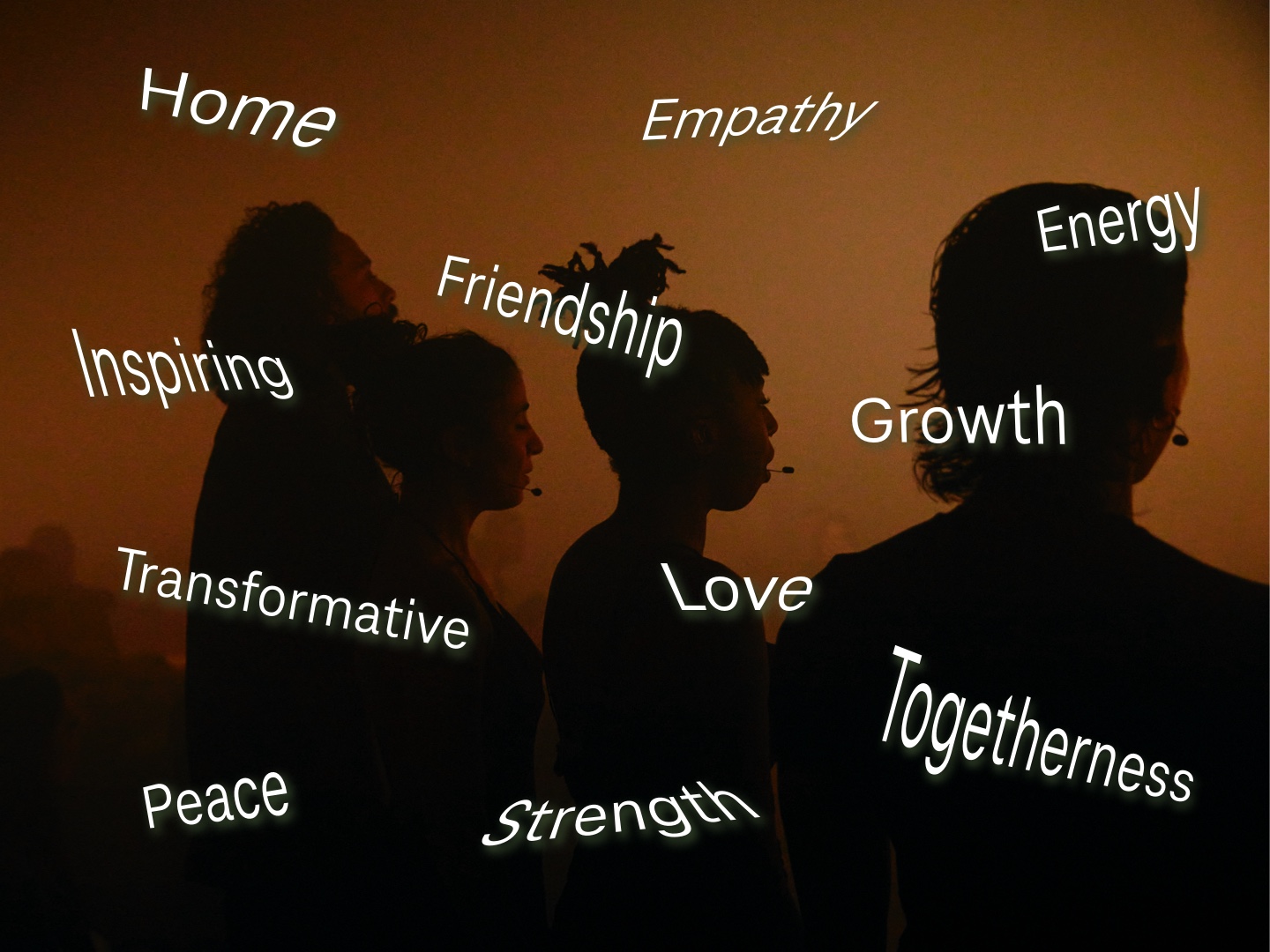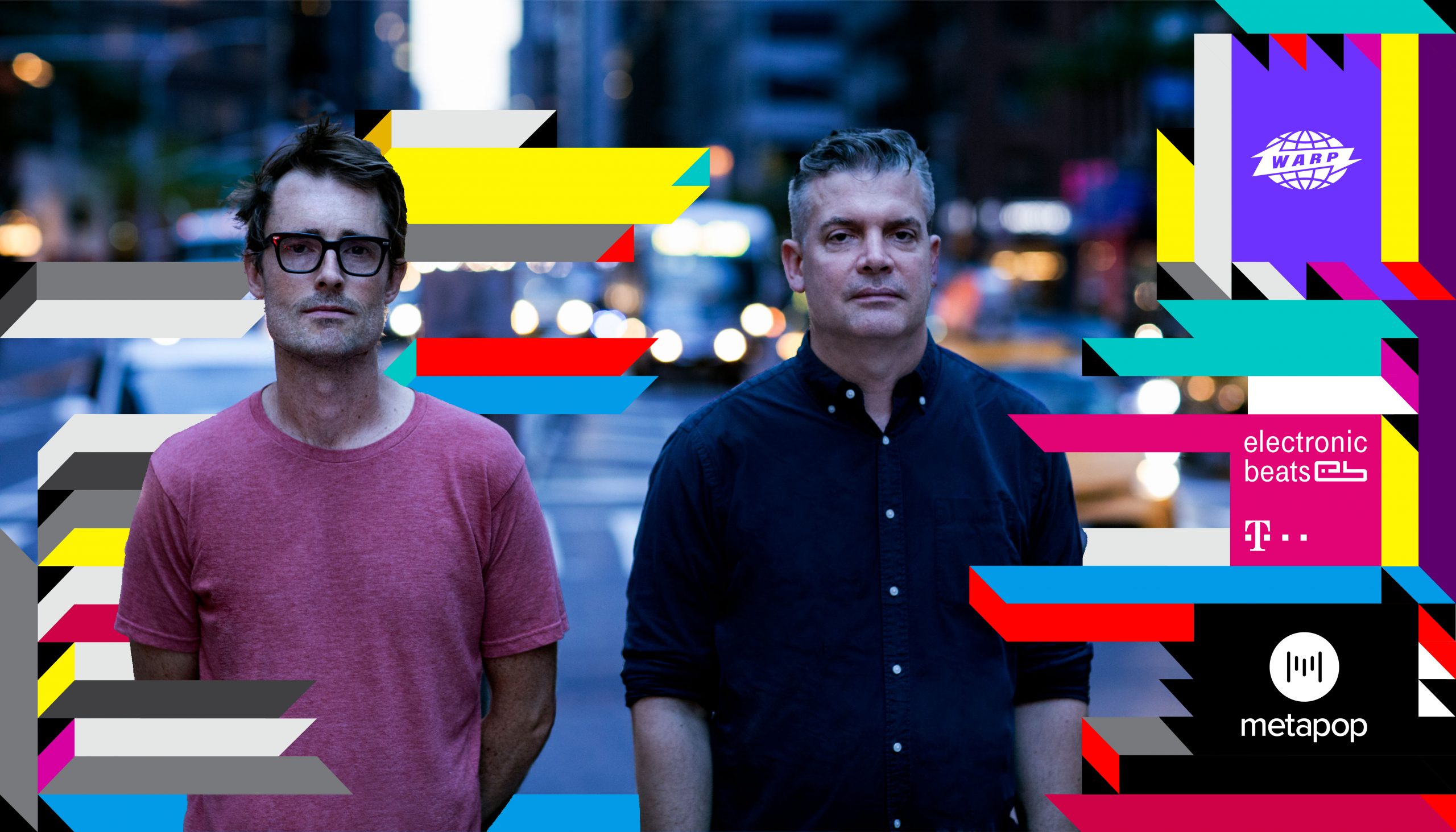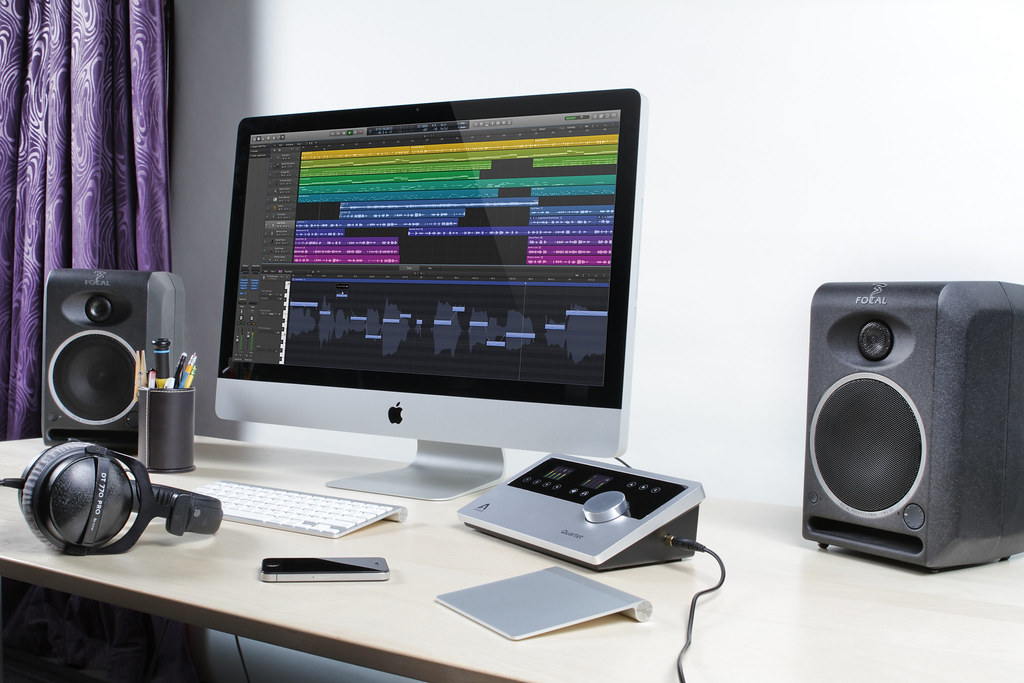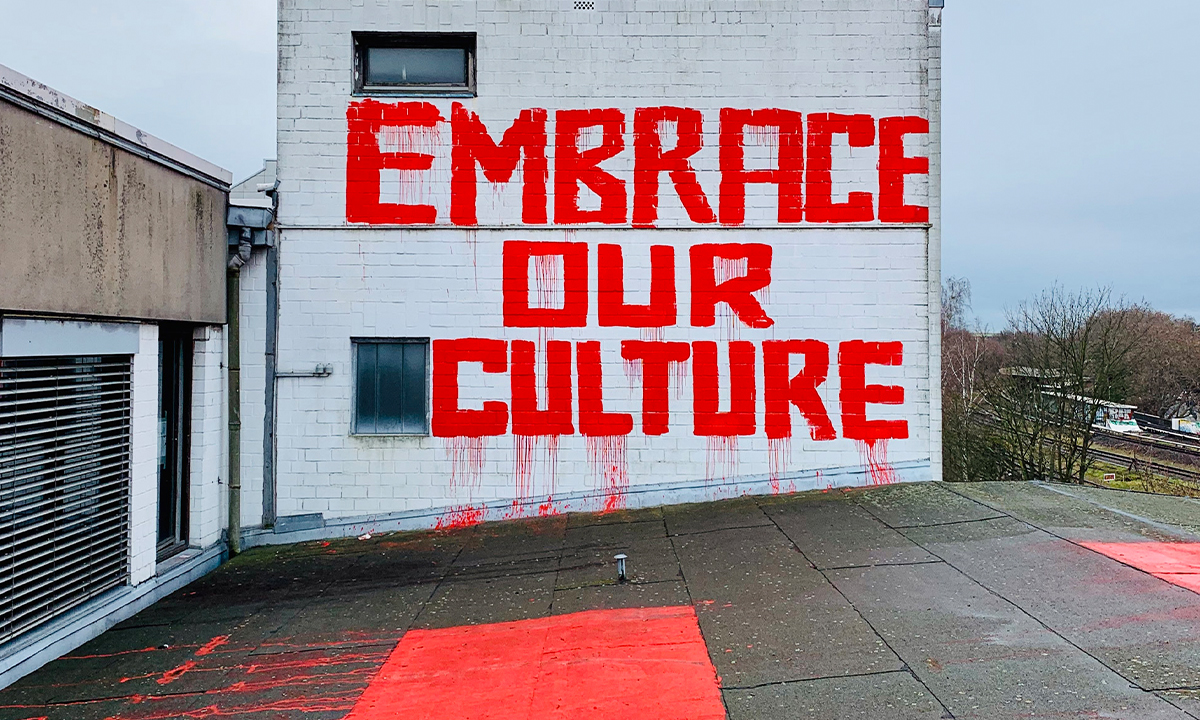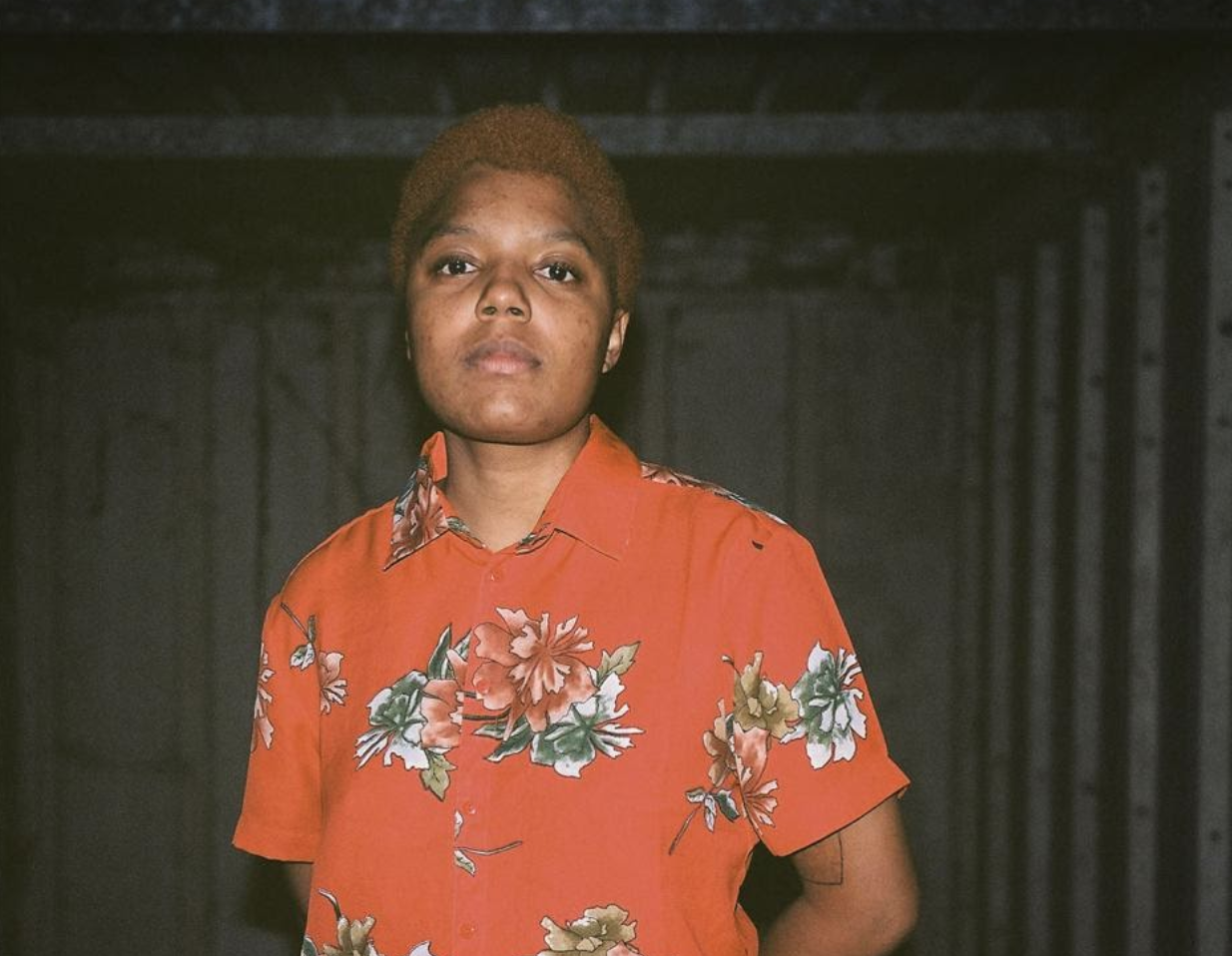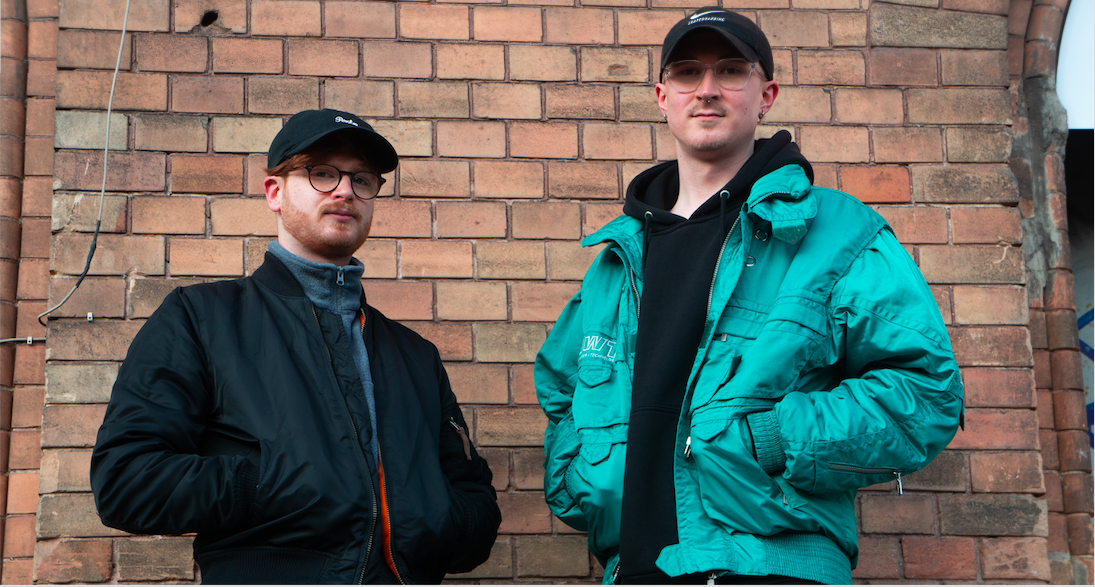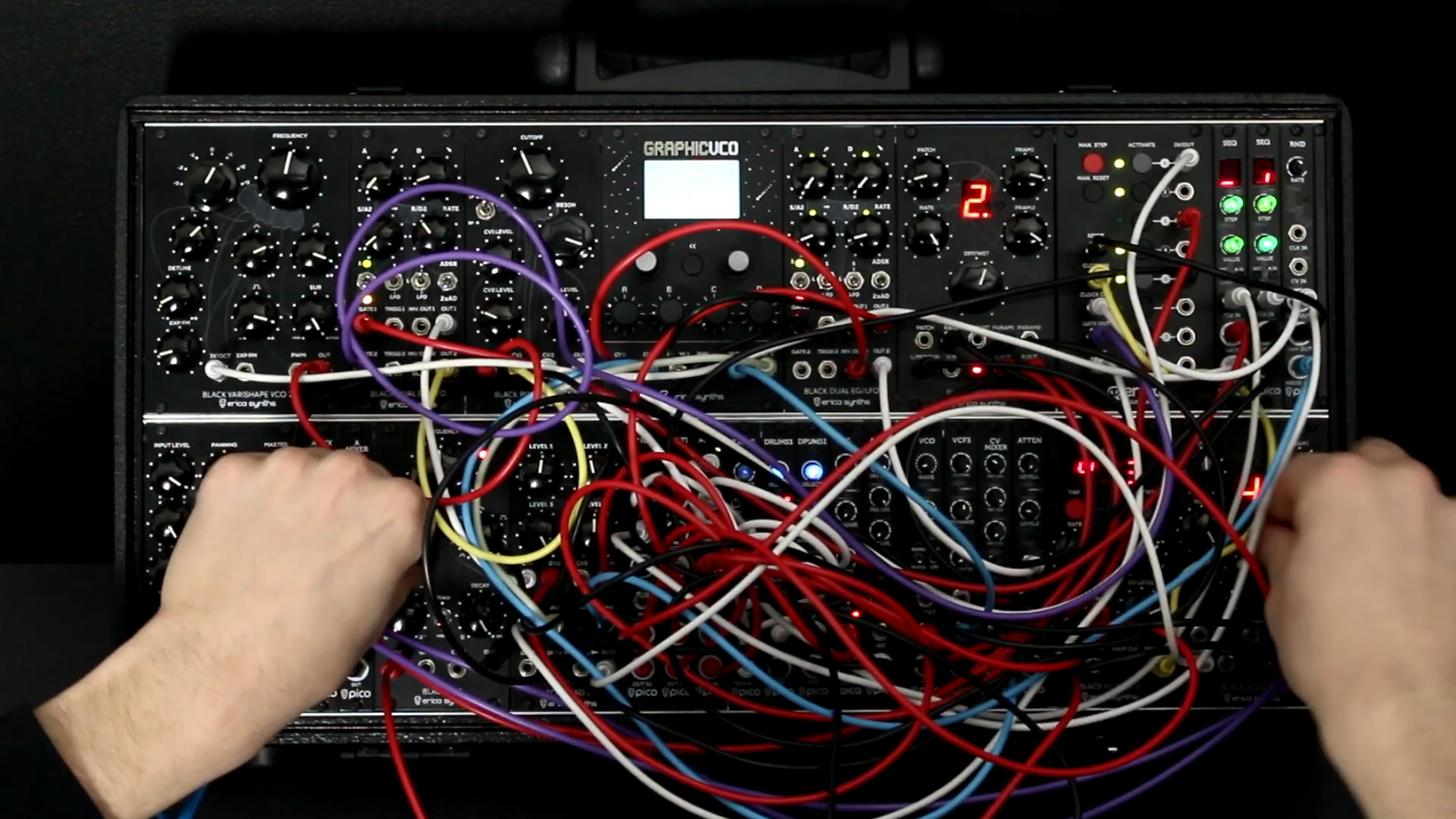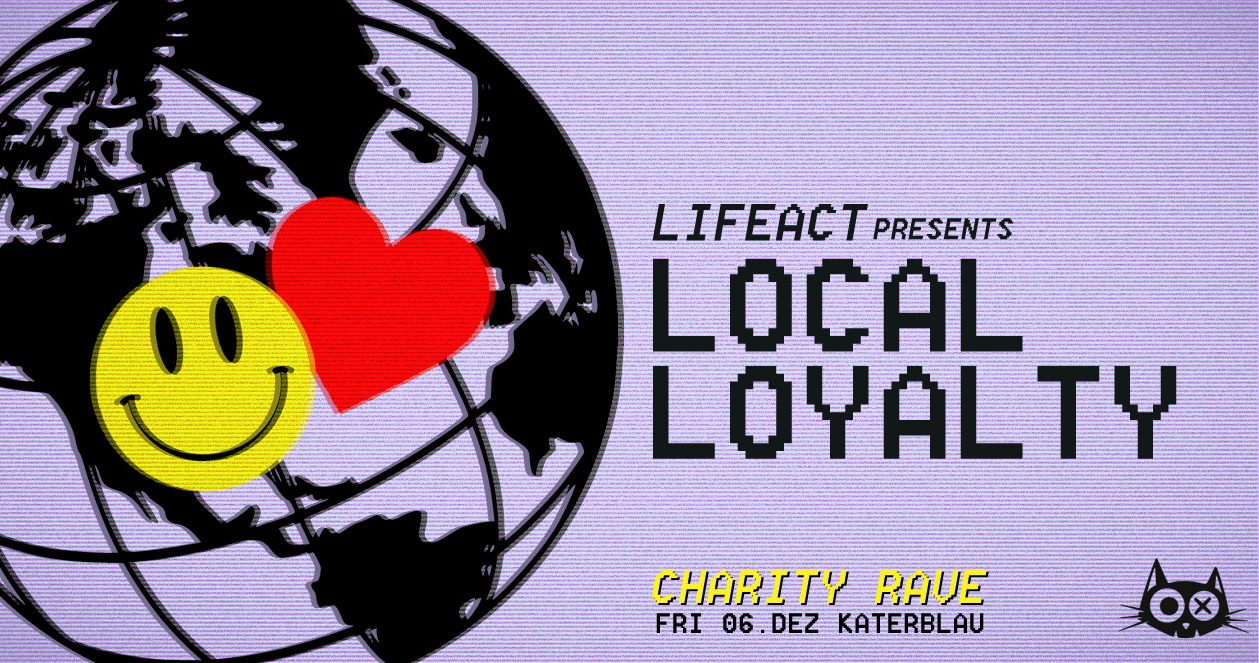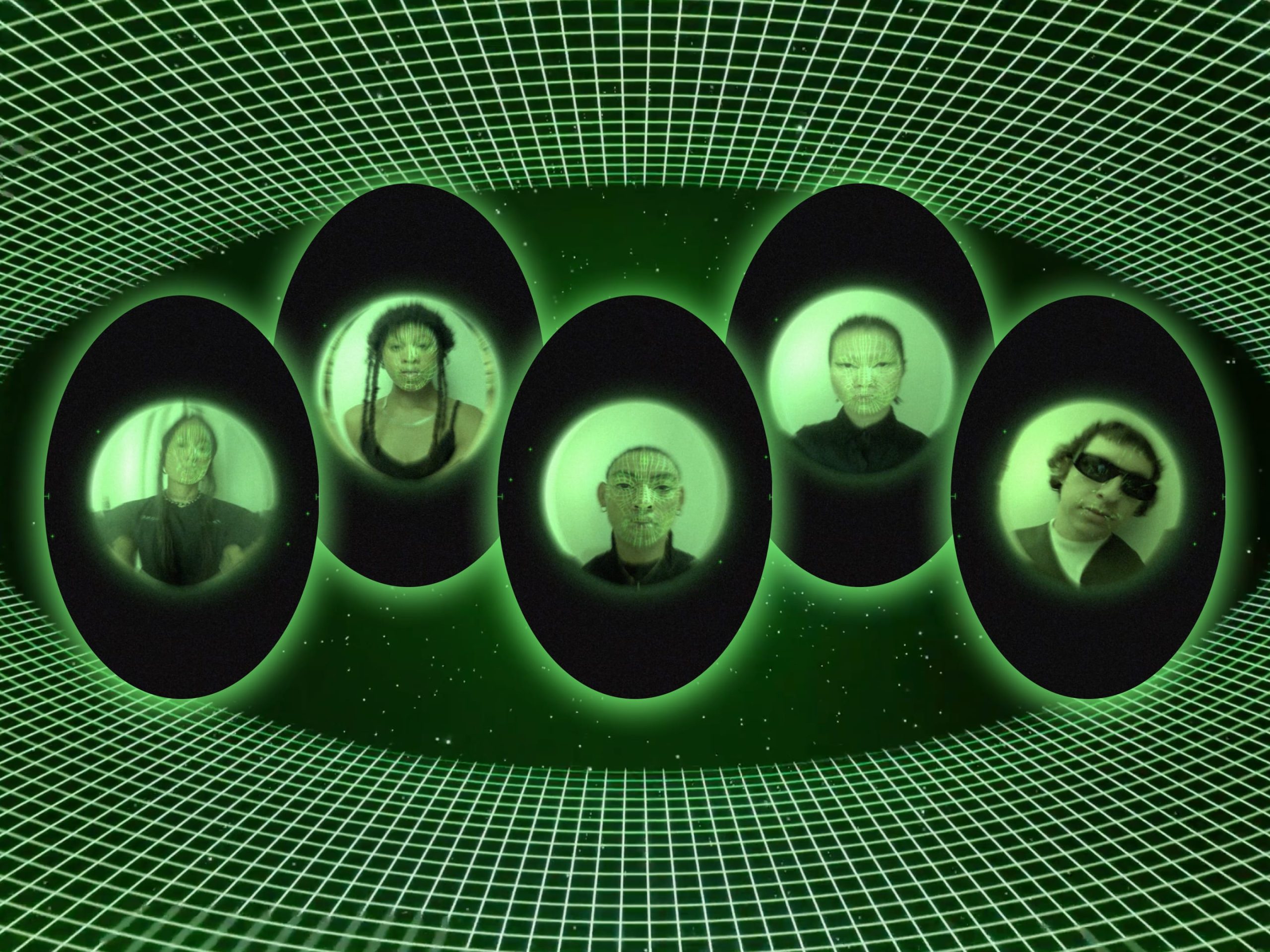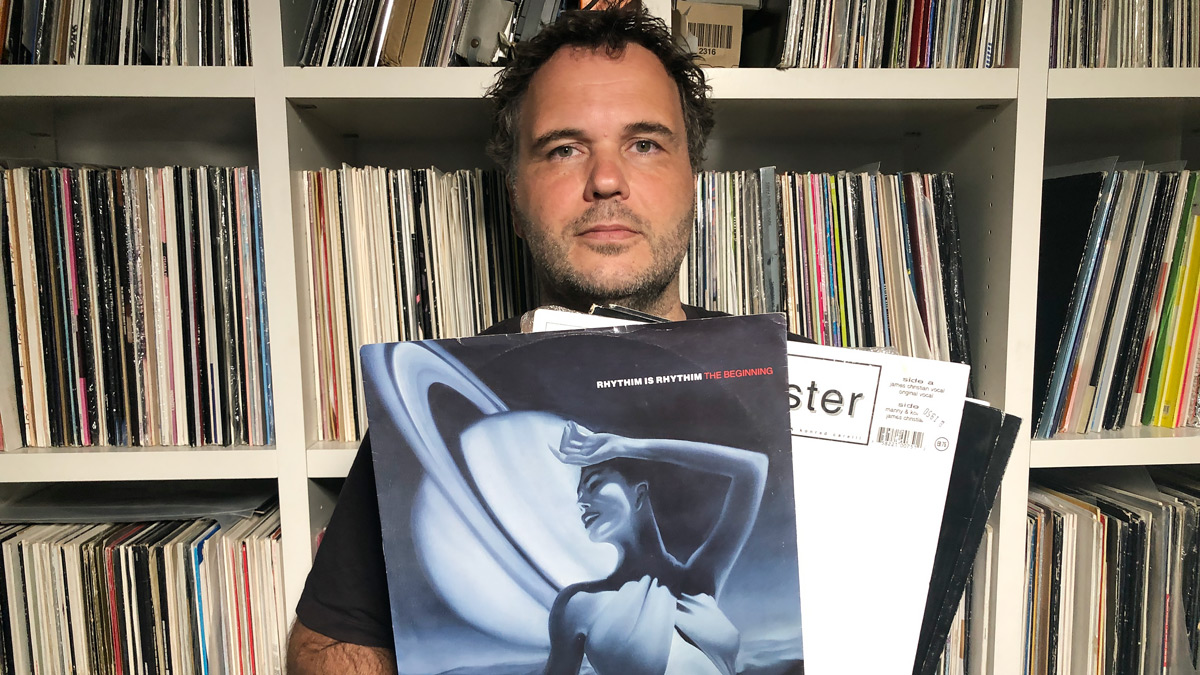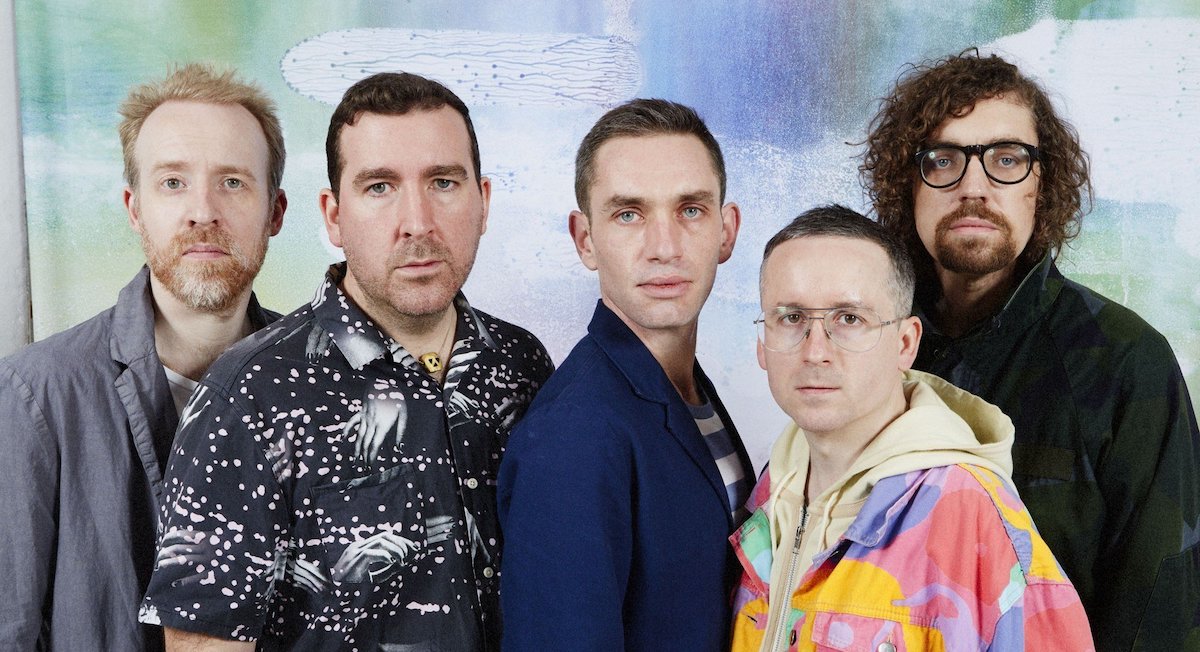How Cryptocurrencies Could Be The Future Of Music Streaming

This could be a big step to a more open music streaming platform for all.
Back in late December 2015, Mat Dryhurst tipped us off to some of the exciting futures for music streaming. In our segment “What comes after Soundcloud? New futures in music streaming”, the futurist and digital innovator discussed radical new streaming possibilities that use the blockchain technology that lies at the heart of cryptocurrencies like Bitcoin and Ethereum.
In the piece, Dryhurst posed the provocative question: “Why should the way we publish work be so conservative, or so tethered to the decisions of a few people who are primarily concerned with selling Bieber to teenagers?” Instead, a decentralized web could open up new potential for songs and artworks to have a life of their own after their creation, depending on where and when they appear on the internet.
Now, Dryhurst is back, and he’s thinking up profound new ways for how decentralization and blockchain technology could be used to create a collective ownership of a streaming service like Soundcloud. Writing to advocate for his new initiative Sound Crowd, Dryhurst takes inspiration from crypto-currencies that operate without any central management. Rather, they are internally regulated by the personal investment and activities of each token holder—that is, someone who holds and can receive “payment” in the form of the crypto-dollar—has in the currency.
For a company like Soundcloud, then, whose alleged difficulties have put it on the brink of supposed financial collapse, Dryhurst imagines creating a 50% public ownership in the company through a new “Sound” dollar. “These tokens can be allocated for past contributions to the Soundcloud ecosystem, and also for future contributions,” Dryhurst writes, “with tokens earned for contributing value to the platform, albeit in the form of music, new technical features or work in recruiting people to participate.” With this Sound Dollar taking on value through various cryptocurrency exchanges, “everyone who holds tokens has an incentive to think of ways to generate more activity on the platform.” This could mean the creation of streaming subscription services available only to Sound Dollar holders, or even the creation of new music forums funded and supported by the Sound Dollar public.
And the end result? Well, public ownership would not just engender an ongoing sense of responsibility for one of the world’s great archives of musical output. Soundcloud’s centralized design decisions currently predetermine how all users—big, small, genre-diverse, independent or not—engage with the platform. In Dryhurst’s vision, however, the platform would be opened up to a “marketplace of competing ideas and ideologies for how music is experienced.” This could ultimately mean an open Soundcloud for all, where labels, record stores and radio stations all have more latitude and potential to take the streaming platform in a multitude of different ways to fit their unique needs.
To find out more about this extremely exciting vision, read Dryhurst’s updating blog on the topic here.
Read more: Is Bandcamp better than Spotify or other streaming services?





